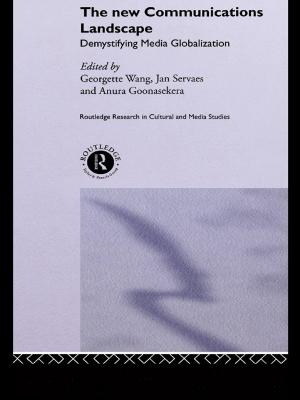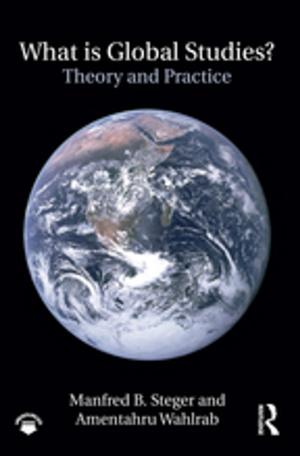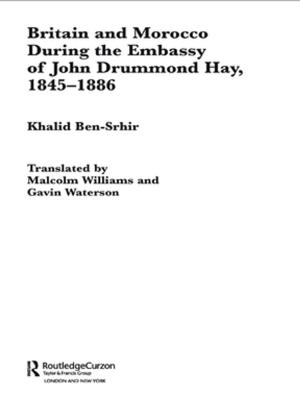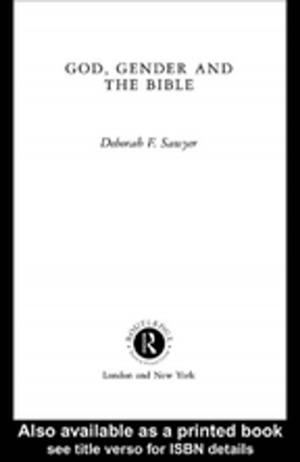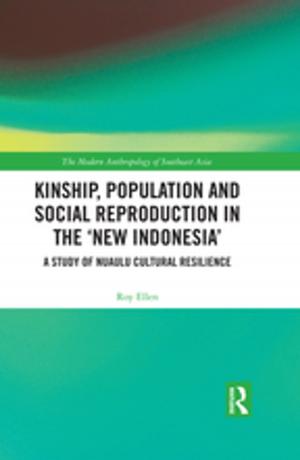Historical Ecologies, Heterarchies and Transtemporal Landscapes
Nonfiction, Social & Cultural Studies, Social Science, Archaeology| Author: | ISBN: | 9781351167703 | |
| Publisher: | Taylor and Francis | Publication: | April 23, 2019 |
| Imprint: | Routledge | Language: | English |
| Author: | |
| ISBN: | 9781351167703 |
| Publisher: | Taylor and Francis |
| Publication: | April 23, 2019 |
| Imprint: | Routledge |
| Language: | English |
Interlacing varied approaches within Historical Ecology, this volume offers new routes to researching and understanding human–environmental interactions and the heterarchical power relations that shape both socioecological change and resilience over time. Historical Ecology draws from archaeology, archival research, ethnography, the humanities and the biophysical sciences to merge the history of the Earth’s biophysical system with the history of humanity.
Considering landscape as the spatial manifestation of the relations between humans and their environments through time, the authors in this volume examine the multi-directional power dynamics that have shaped settlement, agrarian, monumental and ritual landscapes through the long-term field projects they have pursued around the globe.
Examining both biocultural stability and change through the longue durée in different regions, these essays highlight intersectionality and counterpoised power flows to demonstrate that alongside and in spite of hierarchical ideologies, the daily life of power is heterarchical. Knowledge of transtemporal human–environmental relationships is necessary for strategizing socioecological resilience. Historical Ecology shows how the past can be useful to the future.
Interlacing varied approaches within Historical Ecology, this volume offers new routes to researching and understanding human–environmental interactions and the heterarchical power relations that shape both socioecological change and resilience over time. Historical Ecology draws from archaeology, archival research, ethnography, the humanities and the biophysical sciences to merge the history of the Earth’s biophysical system with the history of humanity.
Considering landscape as the spatial manifestation of the relations between humans and their environments through time, the authors in this volume examine the multi-directional power dynamics that have shaped settlement, agrarian, monumental and ritual landscapes through the long-term field projects they have pursued around the globe.
Examining both biocultural stability and change through the longue durée in different regions, these essays highlight intersectionality and counterpoised power flows to demonstrate that alongside and in spite of hierarchical ideologies, the daily life of power is heterarchical. Knowledge of transtemporal human–environmental relationships is necessary for strategizing socioecological resilience. Historical Ecology shows how the past can be useful to the future.

